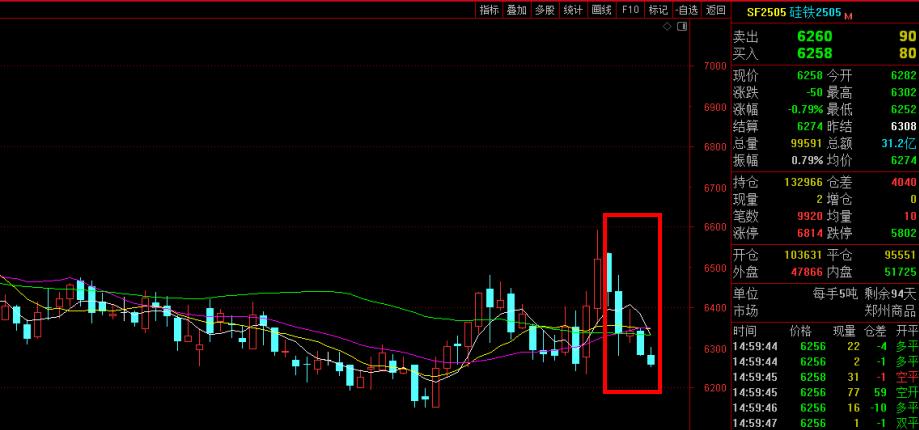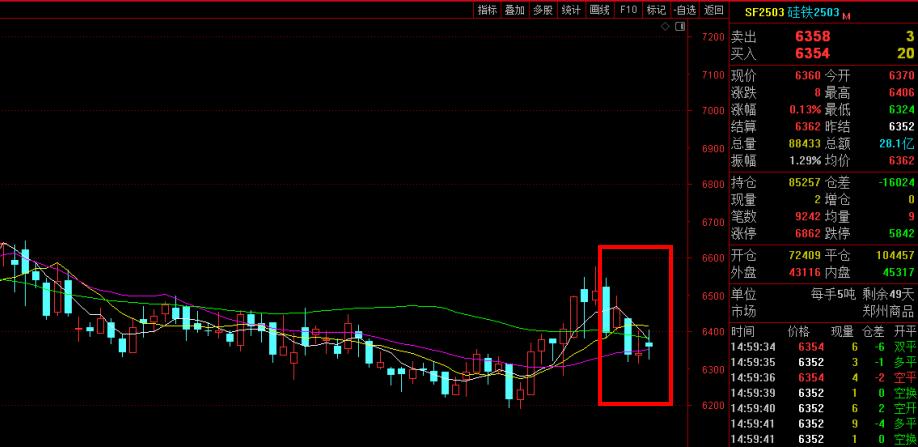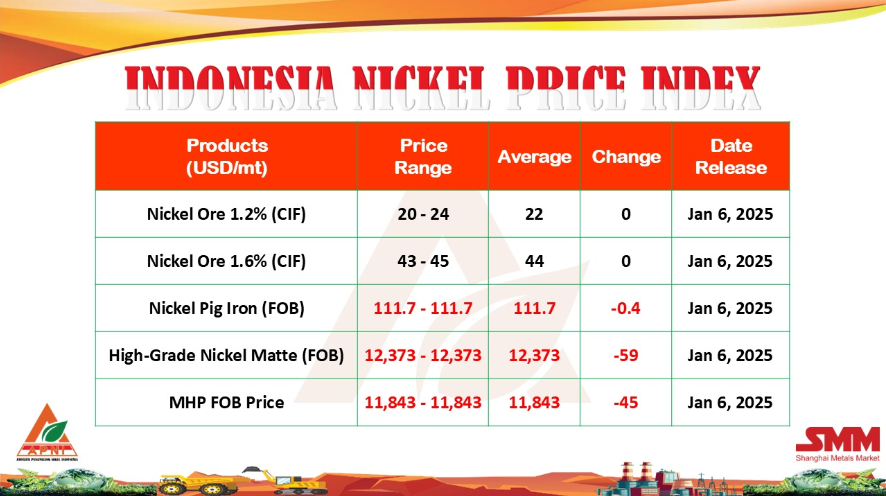The cabinet. in its less-than-infinite wisdom. Has agreed that SA should consider an export tax on chrome ore, to be imposed next year.The aim is laudable: to preserve supplies of the stuff so that there can be a surge in local production of ferrochrome, an alloy comprised of iron and chromium which is used primarily in the manufacturing of stainless steel. To make ferrochrome, you need chrome.However, there is an elephant in the room. A groaning, creaking, cash-guzzling elephant by the name of Eskom. You need a lot of energy to heat the furnaces which produce ferrochrome.And for some years now, Eskom has struggled and failed -to consistently, reliably meet demand.
Shedding electricity, it has plunged businesses and households into darkness, hobbling growth and making this country a difficult place in which to do business. Or in which to see after sunset. Indeed, while the government has signalled its desire to boost beneficiation and foster ferrochrome production, Eskom has had to ask existing ferrochrome producers to extinguish their furnaces during the most serious supply crises, to leave a bit of electricity for the rest of us.
You would not build a brewery in an area where there is an unreliable supply of water, so why would anyone wish to build a smelter where the Eskom plug could be pulled at any moment on its smelting? However, Eskom does not just fail the reliability test. Its tariffs have been escalating far faster than inflation, squeezing the margins of heavy industry and denting profits.Were there any real choice, it would not be a suppller of choice. Why, then, do we need a larger, guaranteed, local supply of chrome ore if there is going to be limited enthusiasm to build new smelters?
Another problem with any South African tax on chrome ore exports is that it is not impossible to avoid it by taking advantage of trade agreements. If some export routes are subject to an export tax, it does not take an einstein to conclude that the tax- free alternatives will flourish. One such is SAs membership of the southern African Customs Union(Sacu)-a free trade bloc. the worlds oldest If the ore is sent to namibia, which is a sacu partner, it could then be exported from Namibian ports to the world market We cannot impose export taxes when it crosses the border into namibia and there is no obligation on namibia to collect these taxes for us when the ore is shipped from there. There is a similar problem with our Southern African Development Community(Sadc) partner Mozambique, which is already the second-largest destination for South African chrome ore exports, at 3.8Mt a year.
We believe this is mainly sent there for re-export through Maputo. The Sadc agreement says nothing about the imposition of export taxes on goods moving from one member to another. The government misses no opportunity to espouse the expected benefits of the African Continental Free Trade Area(AfCFTA), which comes into force in January (Covid permitting). The aim is to abolish duties and tariffs within Africa. If the chrome ore export tax is imposed by SA, expect more investment in the infrastructure to move the stuff through Maputo.
Then there is the EU, with whom we are partners in a region-to-region trade agreement. This will not stop us from imposing export taxes, but we would need to alert the EU to this, and the Europeans have a right to demand consultations. China is SA's largest export market for chrome ore, taking 8.3Mt a year, and may object to the higher costs it would face if there is South African export tax. Any student of world trade will be aware that the Chinese are not slow to retaliate if they feel they are getting a raw deal. Ask the US, the EU, the Australians. Our analysis of export taxes has revealed that they are used by 27 countries, for a number of reasons. These include the raising of revenue, food security, and the promotion of local value-add to raw materials.
In SA, most trade policy falls under minister Ebrahim Patels department of trade, industry competition(DTIC), which tends to consult on its decisions. However, decisions on export taxes are made by the National Treasury. When the DTIC imposes trade measures such as anti-dumping duties, the process is transparent, there is consultation the voices of objectors are heard. However, the treasury is not obliged to take any such steps to consult over export taxes. SA already has export controls on diamonds,and scrap metal measures are due from April 2021. The floodgates are open will we soon have export taxes on everything? If so, it's time for business to wake up.
Affected businesses need to understand what is happening, and how to respond. What other products could be impacted by these taxes Iron ore? People have already asked for export duties on tungsten scrap and on lead-acid Batteries. You also need to look globally, at your value chain. Export taxes will impact trade flows ,What do your competitors face? You must analyse both direct and indirect impacts on your supply chain. Is it positive or negative from a disruption perspective? Often dealing with these taxes is data-heavy, and you need to get your business processes and documentation right or you will end up paying incorrect amounts. The penalties if you slip up can be harsh. When it comes to the question of whether an export tax will actually stimulate the ferrochrome industry, industry must ask hether there is a better policy measure. Export taxes are not the only way to help local producers, and we have shown they can be a very blunt instrument
It appears, then, that the government may not have fully thought through the impacts of an export tax on chrome ore or to have given much consideration to the side-effects of such a measure. Industry must urgently consider doing the work instead.
2021 China Chromium Industry Development and Market Seminar

Annual Conference of Chinese Ferro-alloy Industry Chain & Market Trend Outlook of Manganese, Chrome and Nickel Ore and Ferro-alloy on 23 December, 2021

- [Editor:Catherine Ren]



 Save
Save Print
Print Daily News
Daily News Research
Research Magazine
Magazine Company Database
Company Database Customized Database
Customized Database Conferences
Conferences Advertisement
Advertisement Trade
Trade














 Online inquiry
Online inquiry Contact
Contact

Tell Us What You Think